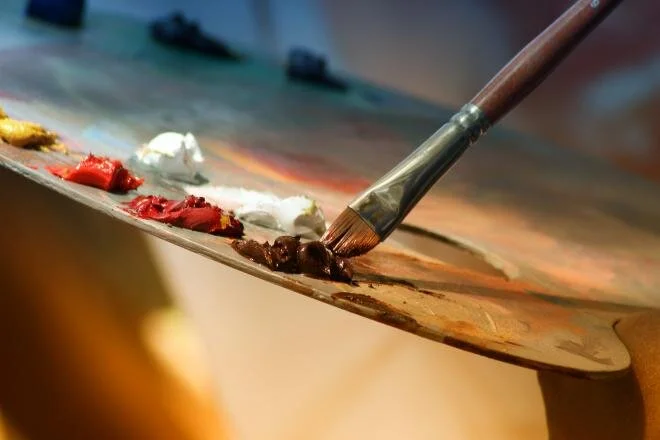Creativity Is Good For Your Brain Health
by Medical Daily:Over centuries, people from all walks of life have pursued creative stimulation. Be it singing, writing, dancing or painting, there lies a distinctive type of fulfillment and satisfaction while using these modes to express yourself. Scientific research has often studied the link between creativity and health benefits, with artistic activities said to enhance emotional well-being regardless of skill level.Based on this research, here are five ways creative activites can boost your health:1. Writing helps your mind cope and recoverExpressive writing has been linked with long-term benefits for mental health, particularly for individuals who might be learning to cope with traumatic experiences. According to a review on literature that explored the benefits of expressive writing, the activity initially triggered a short-term increase in negative moods as the writer recalled unpleasant experiences. However, the long-term impact is positive as studies "continued to find evidence of health benefits in terms of objectively assessed outcomes, self-reported physical health outcomes and self-reported emotional health outcomes".2. Singing boosts the immune systemSinging is known to help performers breathe deeply and also correct posture. But a 2016 study by Tenovus Cancer Care and the Royal College of Music suggested that it may boost immune system activity as well. The study tested nearly 200 members of different choirs who were affected by cancer – either caregivers or diagnosed with the disease – by collecting samples of their saliva before and after an hour of singing. Results showed a signficant reduction in stress hormones and an increase in proteins, like Cytokine, which help the body fight illness.3. Dancing is a fun path towards fitnessWhile exercizing with gym equipment is often limited to a strict and monotonous template, dancing provides more freedom in terms of movement and pacing. Aside from the fact that dancing is inexpensive, it can also be performed alone or in a social setting. It involves moving every part of your body, and can do wonders by improving muscle tone, cardiovascular health, balance, coordination skills and a whole lot more. A study which analyzed a variety of leisure activites suggested that dancing was "the only physical activity associated with a lower risk of dementia".4. Paintings, drawings and sculptures are tools to help fight anxietyWhether you're creating it or just appreciating it, art has a significant impact on the human brain. Neuroscientist Oshin Vartanian explains that when looking at art, "areas of the brain involved in processing emotion and those that activate our pleasure and reward systems are also being engaged". The Influence of Art Making on Anxiety: A Pilot Study also revealed the psychological effects of creating art. It is said to "significantly reduce a person's state of anxiety" and has led to conversations about the use of art therapy to help students deal with stress.5. Playing an instrument makes you a starterIn a WBUR radio report, neuropsychologist Nadine Gaab was quoted as saying, "There's a lot of evidence that if you play a musical instrument, especially if you start early in life, that you have better reading skills, better math skills, et cetera." Gaab co-authored a 2014 study on cognitive differences between musicians and non-musicians, and linked playing an instument with improved brain functions such as problem solving and memory retention.Source: http://www.medicaldaily.com/creativity-good-your-health-heres-how-422632

